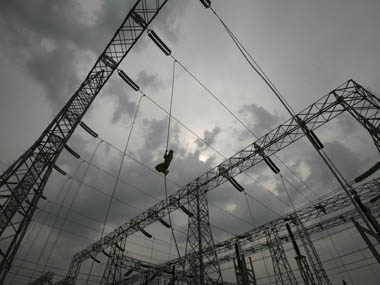Perhaps the biggest challenge for the human population in the next couple of decades will be centred around electricity/power needs. As consumption grows, with increasing use of technology, there’s also a need to discover ways to generate electricity without causing great environmental damage as can take place in the case of nuclear power. Now scientists in from th e US Department of Energy’s Lawrence Berkeley National Laboratory (Berkeley Lab) have found a way to generate power using harmless viruses that convert mechanical energy into electricity. According the Berkeley news release: The scientists tested their approach by creating a generator that produces enough current to operate a small liquid-crystal display. It works by tapping a finger on a postage stamp-sized electrode coated with specially engineered viruses. The viruses convert the force of the tap into an electric charge. [caption id=“attachment_309352” align=“alignleft” width=“380” caption=“Representational Image. Reuters”]  [/caption] So how does the generator work? It uses piezoelectric principles, which assume that physical stress can be converted into electricity. According to the scientists at Berkeley: The milestone could lead to tiny devices that harvest electrical energy from the vibrations of everyday tasks such as shutting a door or climbing stairs. It also points to a simpler way to make microelectronic devices. For more you can read here.
Scientists in from the US Department of Energy’s Lawrence Berkeley National Laboratory (Berkeley Lab) have found a way to generate power using harmless viruses that convert mechanical energy into electricity.
Advertisement
End of Article


)

)
)
)
)
)
)
)
)



